Sustainable development is an indispensable content in new generation free trade agreements (FTAs). This requirement encourages businesses to increase investment in environmental protection and emission reduction.
Sustainable development is an indispensable content in new generation free trade agreements (FTAs). This requirement encourages businesses to increase investment in environmental protection and emission reduction.
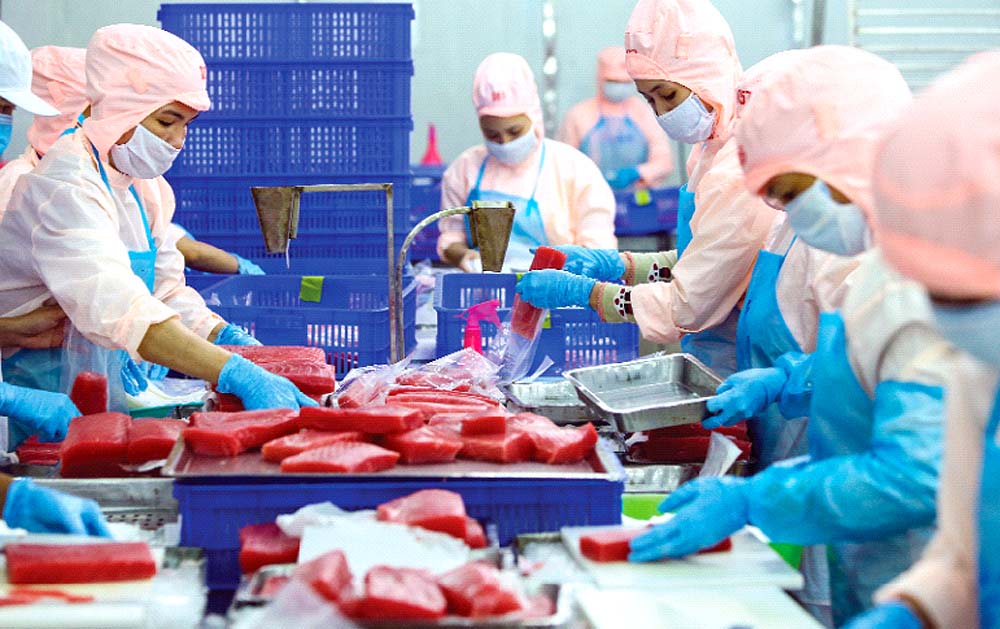 |
| Many businesses are investing heavily in product quality and enhancing product value (Photo: Duc Thanh) |
Expanding export space
In the latest dispatch summarizing the implementation of Resolution 01/NQ-CP in 2024 of the Government and proposing content to be included in the Resolution in 2025, the Ministry of Industry and Trade stated impressive figures on import and export.
Accordingly, total export turnover in 2024 is estimated to increase by 15.8%, nearly 3 times higher than the 6% target assigned by the Government; the trade balance maintains a high trade surplus, about 23.31 billion USD, much higher than the target assigned by the Government of about 15 billion USD.
Having signed and implemented 17 free trade agreements (FTAs), Vietnam continues to be a major production center for international investors, especially in key export industries, from electronics, machinery and equipment to agriculture, forestry and fishery. The total export revenue of the 7 largest product groups in the 11 months of 2024 alone reached 246 billion USD, with a trade surplus of 24.3 billion USD. Meanwhile, nationwide, exports in the 11 months reached 370 billion USD, up 14.4%.
Source: Ministry of Industry and Trade
It can be said that joining FTAs has brought many benefits to businesses such as providing opportunities for businesses to access new markets, reducing tariffs and trade barriers. This helps to enhance the export capacity of businesses, helping to increase sales and scale of operations.
17 FTAs have been signed and implemented, helping to expand space for Vietnam's foreign trade, contributing significantly to promoting export growth and the entire economy.
Domestic enterprises and foreign direct investment (FDI) sectors have recently increased investment to expand exports, especially in markets with trade agreements with Vietnam.
Ms. Nguyen Thi Huyen, CEO of Vietnam Cinnamon and Star Anise Export Joint Stock Company (Vinasamex) said: "The FTAs that Vietnam signed with other countries open up great opportunities for export enterprises, including cinnamon and star anise production and export enterprises like Vinasamex".
Vinasamex is producing and exporting organic spices and essential oils, with the US and Europe being the two largest export markets.
Since the Vietnam - UK Free Trade Agreement (UKVFTA) or the Vietnam - EU Free Trade Agreement (EVFTA) came into effect, Vinasamex has had many advantages, due to reduced export taxes, creating a competitive advantage, helping Vietnamese agricultural products to the European region and especially the UK market have more advantages.
“The markets that Vietnam has signed FTAs with are all demanding and have high standards. To take advantage of the opportunities from the signed FTAs, in recent years, Vinasamex has focused on investing heavily in the quality of goods and increasing the value of products, instead of quantity,” said Ms. Huyen.
However, when investing in the right direction, the export price that Vinasamex signed with partners in the European market or the UK market is always about 20% higher than the previous normal product price. The result is much higher than about 10 years ago, when the company only exported to India, Bangladesh or Singapore - which did not require high quality standards or sustainable development orientation.
With processed foods, GC Food Company is expanding its investment to 50,000 tons/year, to meet the growing demand of the international market, increasing the ability to take advantage of FTAs that Vietnam has signed with more than 60 economies.
GC Food products have been exported to more than 20 countries, mainly in Asia such as India, Japan, China, and Korea. GC Food's advantage is that it exports to some tax-free markets, such as Japan and Korea, helping to increase competitiveness with other exporting countries that do not have FTAs in these markets.
Promoting sustainable trade
Trade and sustainable development have become indispensable contents in new generation FTAs. This requirement has encouraged businesses to increase investment in environmental protection and emission reduction.
The trend of sustainable consumption is growing stronger and has been considered by the Government, businesses, consumers and communities in the UK as one of the top values and requirements. Looking more broadly, there are currently more than 70 countries in the world that have incorporated green standards into their commercial activities.
Dr. Le Huy Huan, Coordinator of the Green Growth and Global Climate Change Program in Vietnam (CCG Vietnam), said that trends and policies on green production and sustainable consumption in European countries are becoming increasingly strict. This requires Vietnamese exporters to proactively adapt to make appropriate investments, otherwise, even with FTAs, it is difficult to exploit effectively.
A positive sign is that many large enterprises have been proactive in adapting to changes in green trade policies as well as proactively building production processes to meet global standards.
However, compliance costs are a huge issue, as any transformation takes time and money. In Vietnam, with more than 80% of businesses being small and medium sized, the initial conversion costs, initial investment in green technology, processes, and human resources to implement this technology are really a very difficult problem.
“If businesses cannot adapt, they will be left behind in the game, lose market share, lose their position in the global supply chain, and lose their competitive advantage,” Dr. Le Huy Huan assessed.
Source: https://baodautu.vn/doanh-nghiep-dau-tu-cho-thuong-mai-ben-vung-d232375.html



![[Photo] Looking back at the impressive moments of the Vietnamese rescue team in Myanmar](https://vstatic.vietnam.vn/vietnam/resource/IMAGE/2025/4/11/5623ca902a934e19b604c718265249d0)
![[Photo] Summary of parade practice in preparation for the April 30th celebration](https://vstatic.vietnam.vn/vietnam/resource/IMAGE/2025/4/11/78cfee0f2cc045b387ff1a4362b5950f)
![[Photo] Phuc Tho mulberry season – Sweet fruit from green agriculture](https://vstatic.vietnam.vn/vietnam/resource/IMAGE/2025/4/10/1710a51d63c84a5a92de1b9b4caaf3e5)


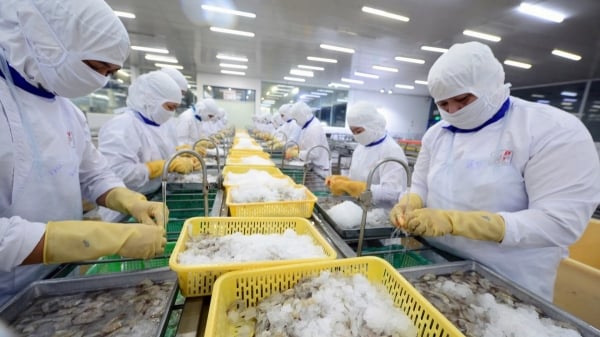

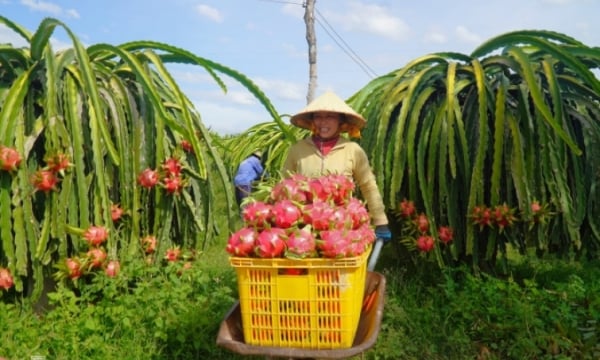

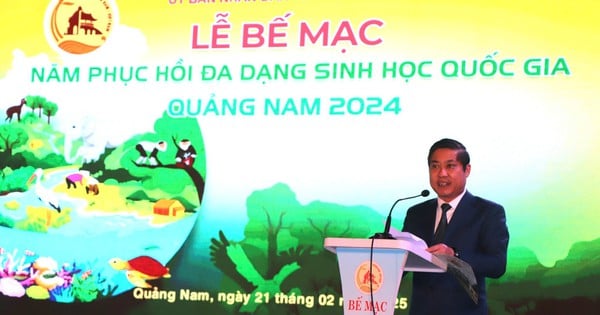

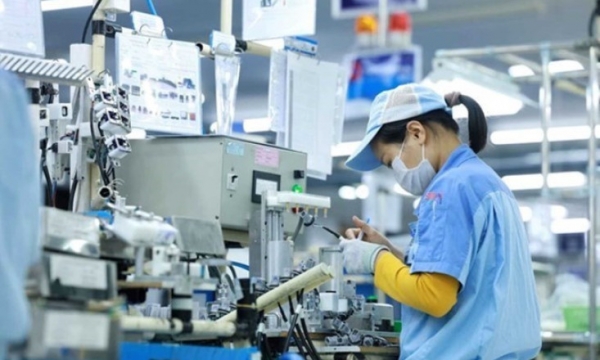


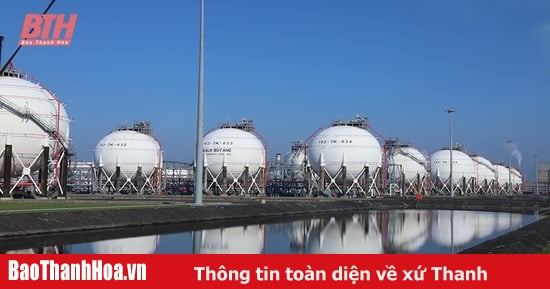
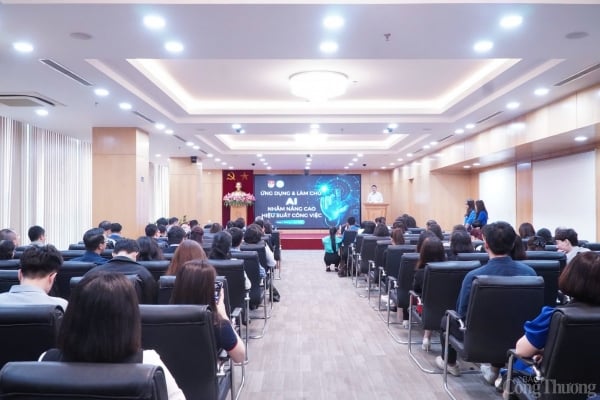
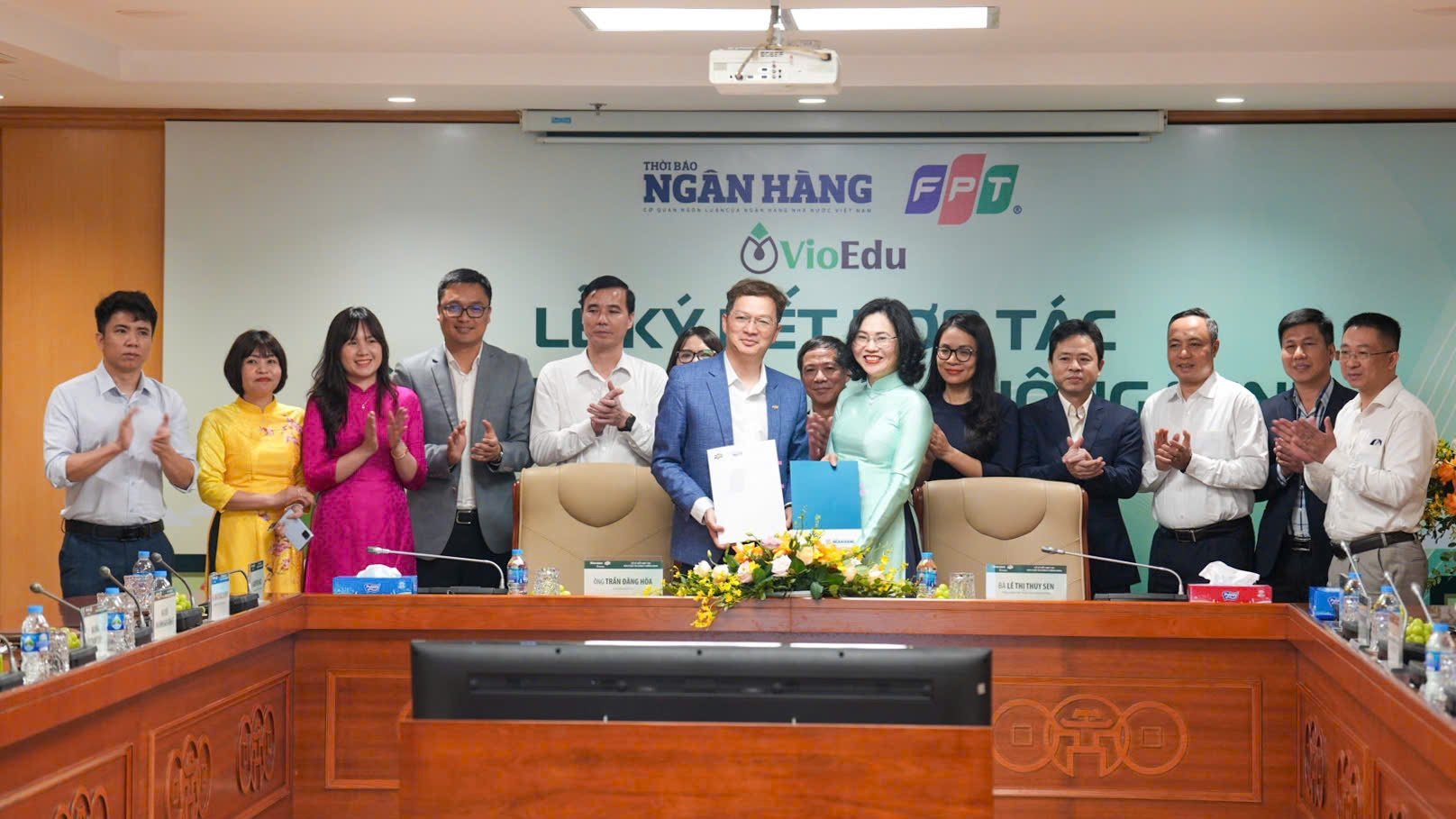
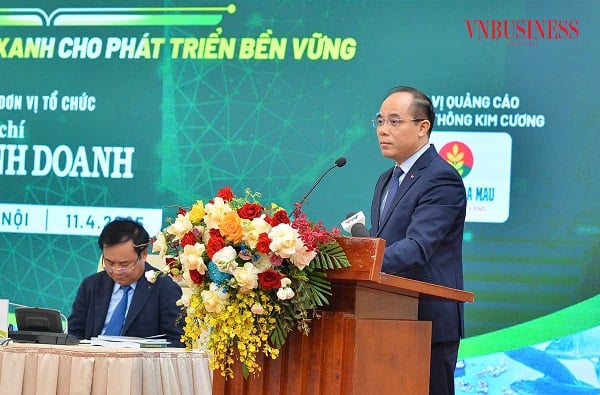
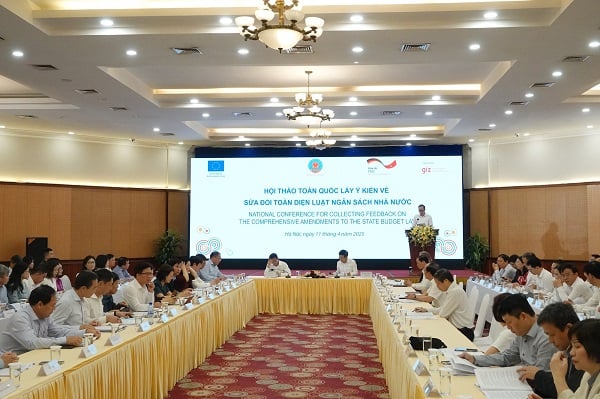
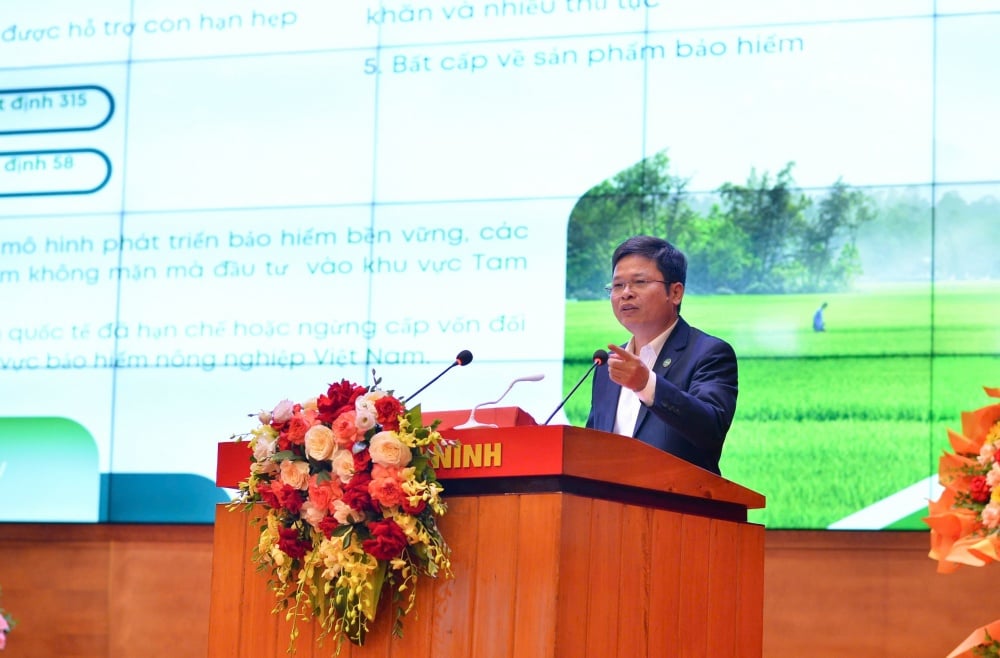





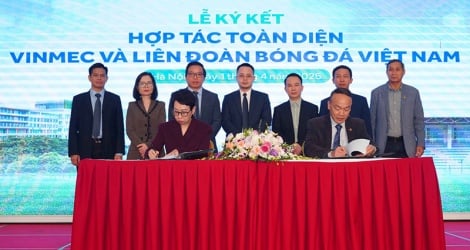



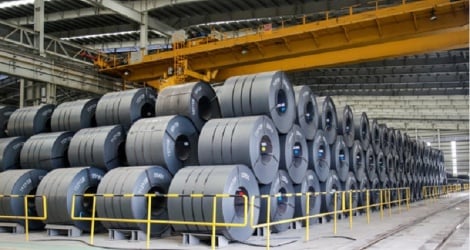

![[Photo] Prime Minister Pham Minh Chinh chairs meeting to discuss tax solutions for Vietnam's import and export goods](https://vstatic.vietnam.vn/vietnam/resource/IMAGE/2025/4/10/19b9ed81ca2940b79fb8a0b9ccef539a)




























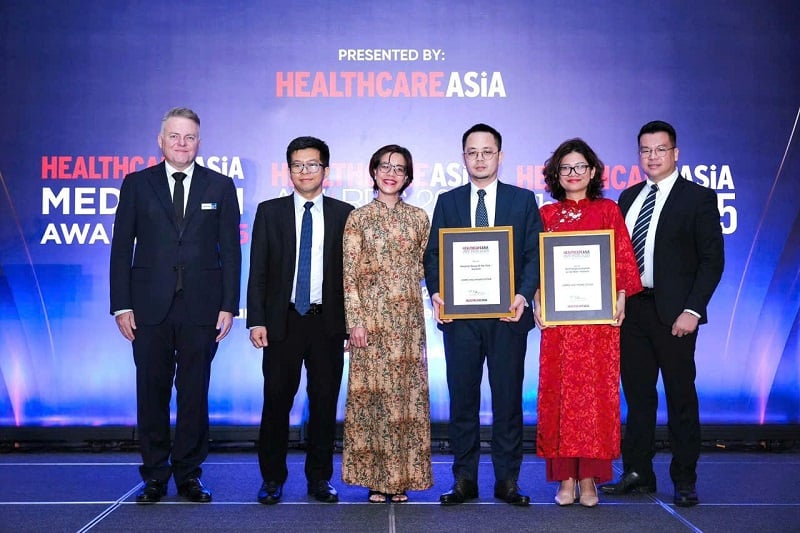











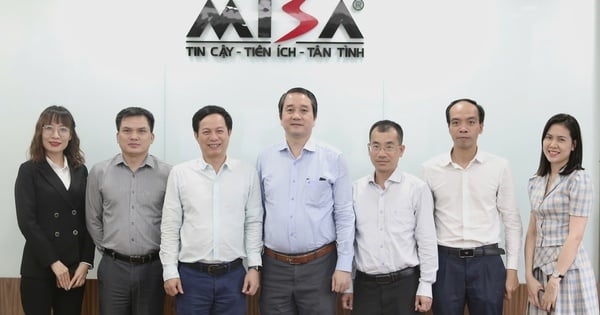

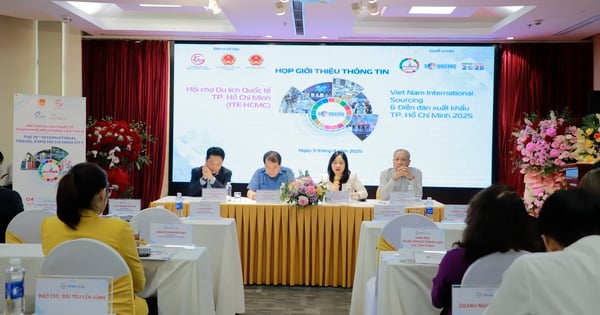

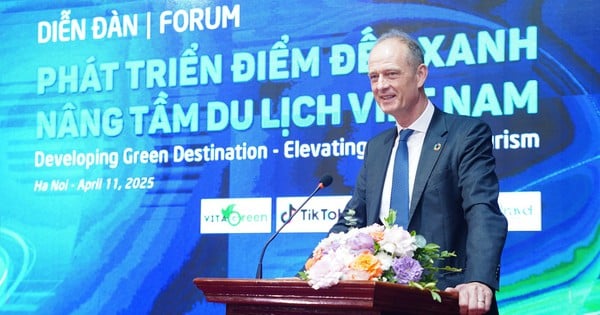
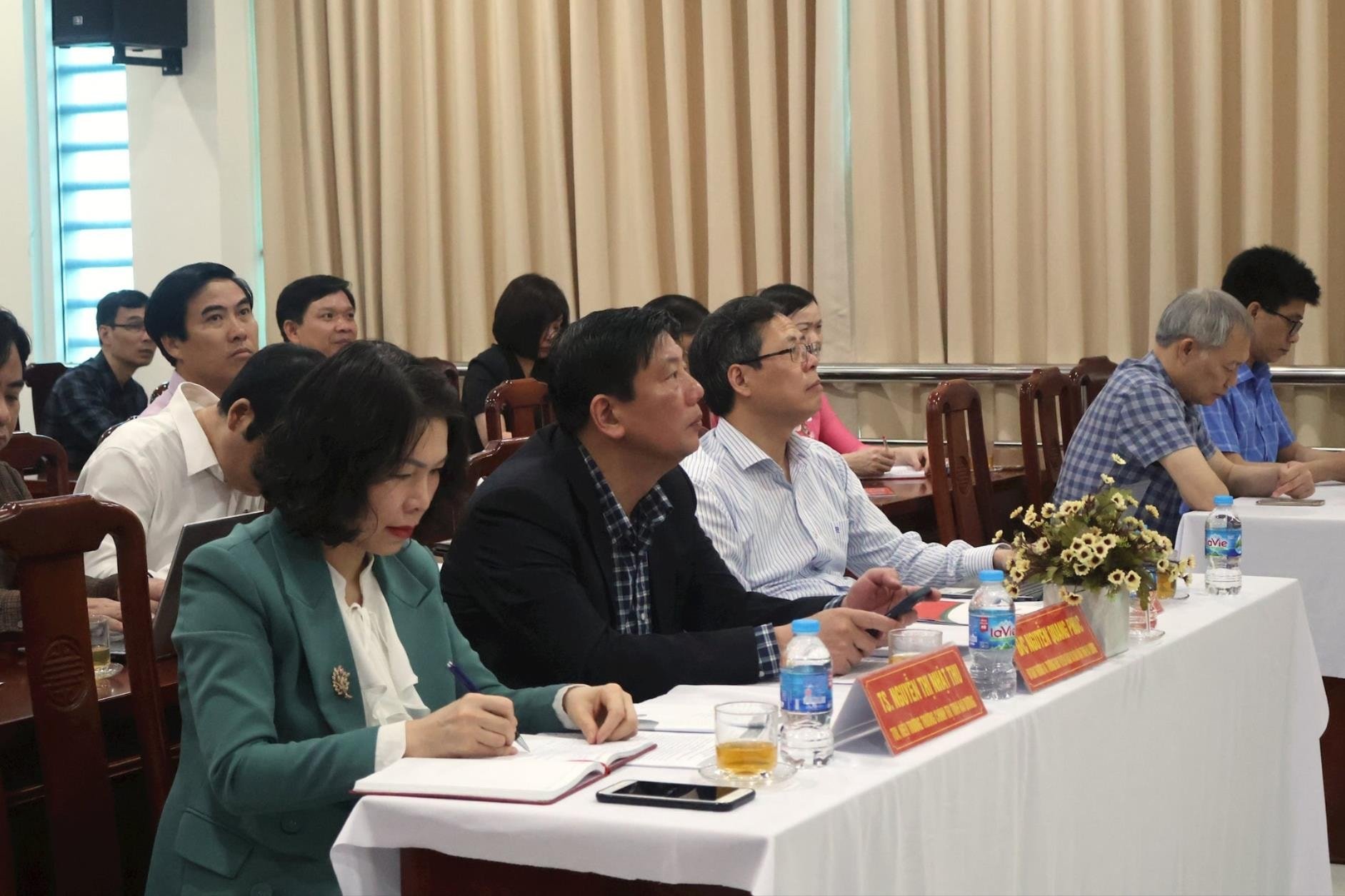

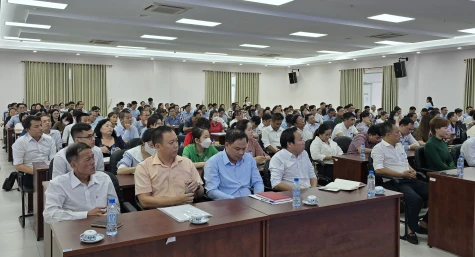



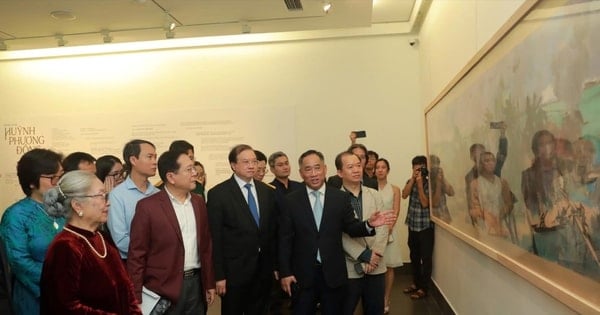
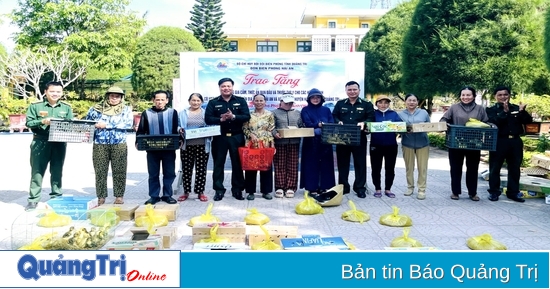










Comment (0)